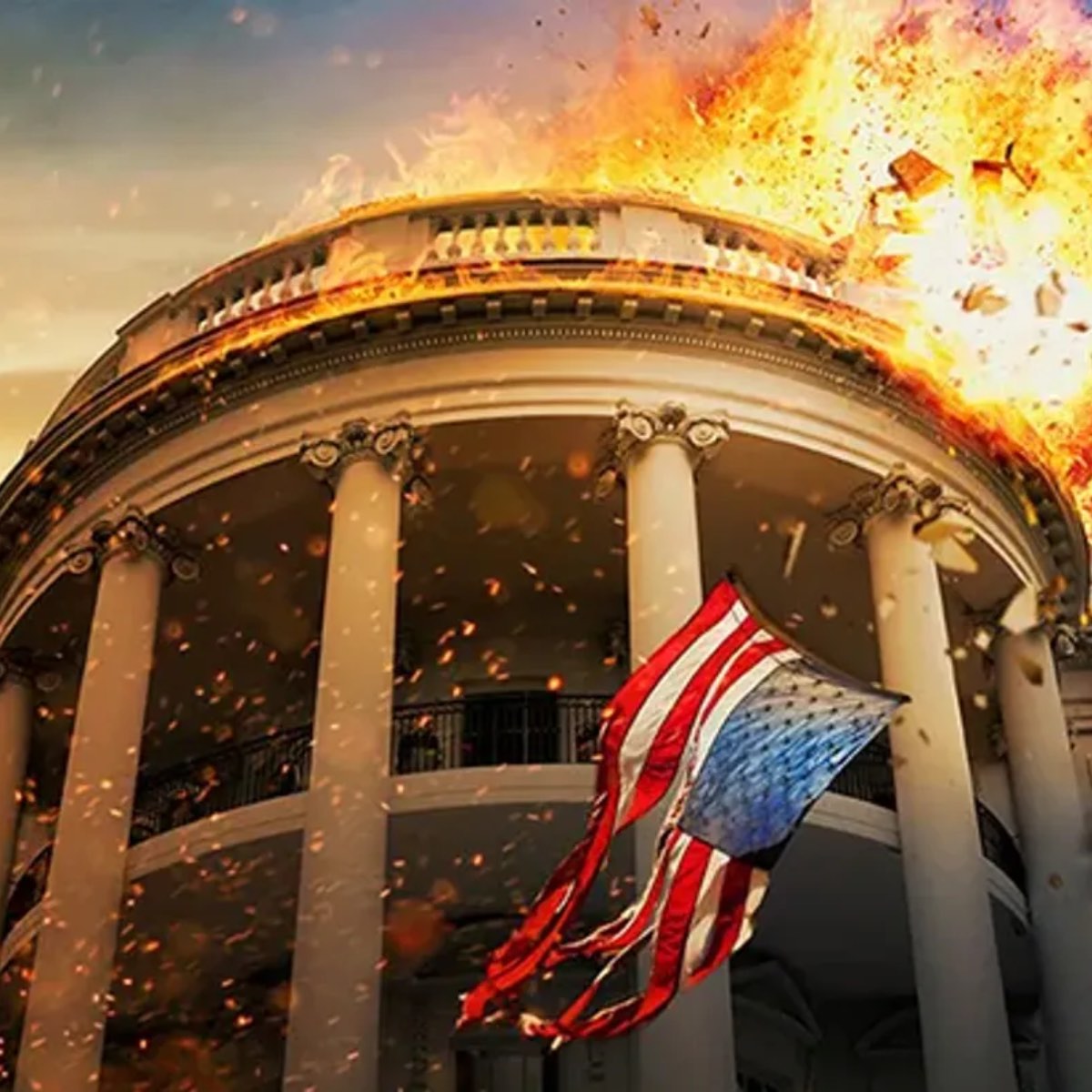One thing is for certain. When it comes to World War 3, our world will be changed like we cannot even begin to imagine. There simply is not a soul on the planet who will remain untouched by such a devastating global conflict. Here we look at the human cost and the devastating consequences of World War 3.
The Human Cost: 5 Devastating Consequences of World War 3

When Humanity Stands in the Shadow: The Devastating Consequences of World War 3
Throughout history, global conflicts have cast long shadows, leaving indelible marks on the tapestry of human existence. Lives are shattered, families are torn apart, and communities are left grappling with the physical and psychological scars of war. The specter of World War 3, though distant, carries the chilling weight of potential consequences that far surpass anything we have witnessed before. This article delves into five devastating impacts a global conflict could inflict, serving as a stark reminder of the immense price humanity would pay for such a tragedy.
From the immediate loss of life and widespread destruction to the long-term consequences of economic collapse and environmental devastation, we explore the ripple effects that would reverberate across the globe. By understanding these profound consequences, we can foster a deeper appreciation for peace and a renewed commitment to diplomacy and conflict resolution, ensuring that the horrors of World War 3 remain confined to the realms of fiction.
1 Loss of Life
World War 3 wouldn’t just be a conflict on paper; it would be a grim reaper sweeping across the globe. Soldiers on the frontlines would face unimaginable dangers, with casualties mounting rapidly. But the true horror extends far beyond the battlefield. Civilians caught in the crossfire, from bustling cities to rural villages, would bear the brunt of the carnage. Families would be torn apart, loved ones lost forever. The ripple effect of grief, trauma, and displacement would leave indelible scars on generations to come.
2. Humanitarian Crisis
The fallout from World War 3 wouldn’t be confined to battlefields. Millions would be forced to flee their homes, driven by violence, fear, and the collapse of basic necessities. Refugee camps would overflow, straining resources and testing the limits of humanitarian organizations. Delivering aid in conflict zones would be a perilous endeavor, with aid workers risking their lives to provide basic necessities like food, water, and shelter. The sheer scale of the crisis would dwarf anything the world has witnessed before, creating a desperate scramble for survival.
3. Destruction of Infrastructure
The modern world relies on intricate networks of infrastructure, from power grids to transportation systems. World War 3 would shatter these lifelines, leaving cities in darkness, communication lines severed, and transportation routes impassable. Hospitals, schools, and essential services would crumble under the weight of destruction. Rebuilding would be a monumental task, taking years, even decades, and leaving communities struggling to meet basic needs in the meantime. The economic cost would be staggering, impacting not just the warring nations, but the global economy as a whole.
4. Environmental Degradation
The environment wouldn’t be spared in the maelstrom of World War 3. Explosions, chemical weapons, and the sheer scale of military operations would leave scars on the Earth for generations. Forests would be leveled, ecosystems poisoned, and natural resources depleted. The impact on biodiversity could be catastrophic, pushing endangered species closer to extinction. Climate change, already a pressing concern, would be exacerbated, with unpredictable consequences for weather patterns, food security, and global stability. The Earth, once a haven, would become a battleground, its future hanging in the balance.
5. Psychological Trauma
The wounds of World War 3 wouldn’t just be physical. The psychological scars would run deep, afflicting survivors, refugees, and even those seemingly untouched by the conflict. Post-traumatic stress disorder (PTSD) would become a tragic norm, haunting individuals with nightmares, flashbacks, and debilitating anxiety. Depression, fear, and grief would cast a long shadow, impacting families, communities, and societies as a whole. Healing from such widespread trauma would be a long and arduous process, requiring immense resources and unwavering support.
Conclusion
World War 3 wouldn’t be a victory for anyone; it would be a collective defeat for humanity. The cost in lives, suffering, and destruction would be immeasurable. This article serves as a stark reminder that the pursuit of peace is not just an aspiration, but a necessity. By investing in diplomacy, conflict resolution, and understanding, we can build a future where the consequences outlined here remain unthinkable horrors confined to the pages of history. Let us choose peace, not just for ourselves, but for generations to come.
Check out more World War 3 stuff here
